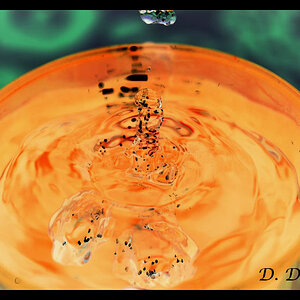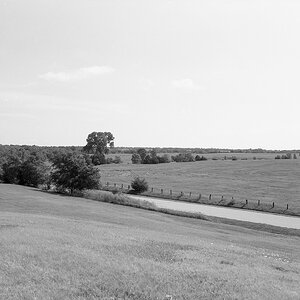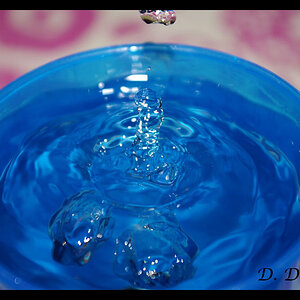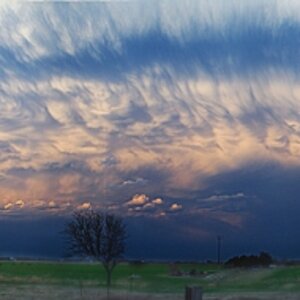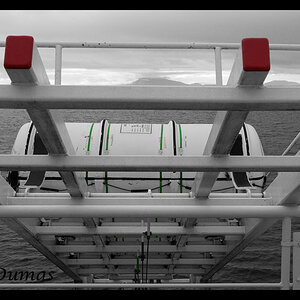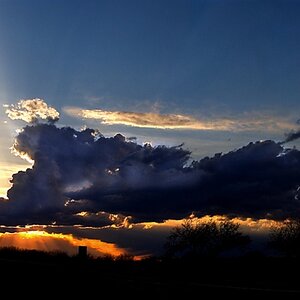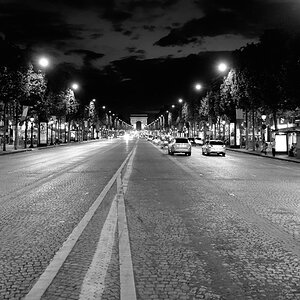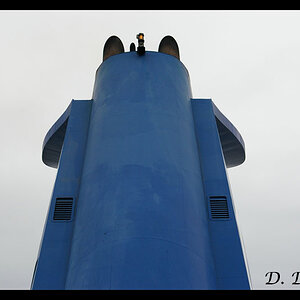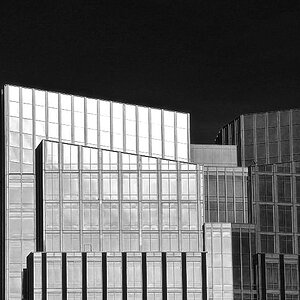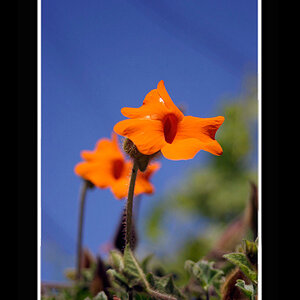photo1x1.com
No longer a newbie, moving up!
- Joined
- Sep 14, 2016
- Messages
- 923
- Reaction score
- 289
- Location
- Austria/Europe
- Website
- www.photo1x1.com
- Can others edit my Photos
- Photos NOT OK to edit
Thanks a lot for your test. Now, that puzzles me! For years I seem to have been wrong. Since I like to understand everything I do, I need to get outdoors next time the sun is out and try to find out what made me think that. I tried to theoretically idendtify my mistake and it may have to do with my way of shooting. I´ll post a short update once I know - sorry for hijacking the thread and thanks again for enlighten meThanks for your input, Tim. I know the ins and outs of polarizer, metal surfaces, polarizing light sources, etc.
Please try for example a 21mm lens with the polarizer and after that a 200mm lens at the same polarizer rotation. You will see, that the sky in the wideangle shot will be much more blue, than in the telephoto shot. That is very easy to compare.
Regarding the gradient in the sky with wideangle and blue sky: true, no doubt. But you'll hardly find a landscape photographer shooting especially in coastal regions that won't use a polarizer, the effect is just not something you can live without. Lagoons, plants, haze, everything becomes more contrasty and colorful.
I wear polarized sunglasses whenever I'm out in the sun and especially when I'm shooting. You'll immediately see the difference and that is much, much more than just the blue sky.
I did try this. I have a number of filters (including four different CPLs) so to be "fair" I grabbed my Lee CPL since that's a square slide-in filter I can attach the same polarizer to different lenses (no need to worry about thread size).
I did not expect to see a difference, but I'm always interested in learning something new. Unfortunately I did _not_ see a difference.
This really didn't come as a surprise because I realize that I should not be able to see a difference. Polarization is based on the wave nature of light (physics) and the effect of the polarizer has everything to do with the polarity and works best when the light has a mostly near-uniform polarity... and of course the rotation of the filter. The angle of view can only possibly weaken the effect (as it gets farther from areas where the polarization effect is tuned for the strongest effect). A longer focal length lens narrows the angle of view but it does not effect the polarity of the light. Also... keep in mind that the polarizer is mounted IN FRONT of the lens... so the modification to the light (rejection of light) occurs before it even enters the lens.
I don't have your polarizer or lenses. But it occurs to me that if you are not using the _same_ polarizer on both lenses then what you may be noticing is a difference in the quality of the two different polarizers (In my test I was careful to use the same polarizer so that only the lens focal length was different.) I have seen some marginal polarizers that don't work well. Also... a "circular polarizer" is really a two-layer filter. The front layer is actually just an ordinary linear polarizer. The back layer is a quarter-wave plate that puts a twist on the polarity of the light after it passes through that layer. Without the quarter-wave plate, auto-focus systems and metering systems may struggle to work correctly. It turns out if you put the same polarizer on backwards it will create a blue/gold effect as you rotate it. I did (just once) encounter someone who had a polarizer in which the glass was installed backwards and the polarizer wasn't working as intended.
It's easy to test... use something that you know has a linear polarizer (like your sunglasses). If you stack the two polarizers and twist one, you should be able to make the image go completely black if the CPL is in the correct direction (front to back). If you flip the CPL over (reverse it) and then rotate it you'll notice that you can no longer make it go completely black and instead you'll notice a blue/gold color shift as you rotate the filter.


